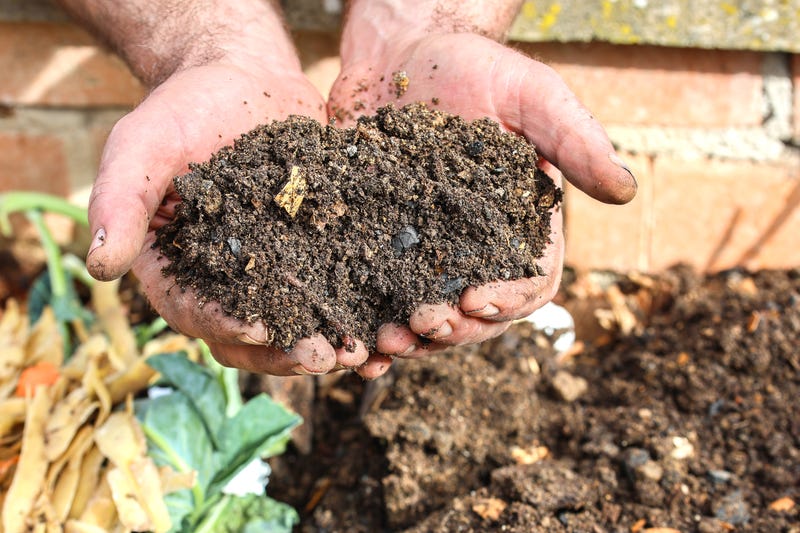
New Jersey has just become the 14th state to legalize natural organic reduction, sometimes called human composting, giving families the option to turn remains into soil rather than choosing traditional burial or cremation.
Supporters say NOR is more environmentally friendly — it uses less energy, avoids chemicals, and reduces land use — and the law requires licensing and oversight so facilities can begin offering the service within the next 10 months.
Across the country, states including Washington, Colorado, Oregon, New York, Georgia, Maine, Maryland, Delaware, Arizona, Nevada, Minnesota, and others have passed laws legalizing NOR.
In Texas, the process is still in motion: a bill (HB 2200) has been introduced this year to legalize natural organic reduction, but it has not yet passed. Advocates are urging public support and say regulatory standards will be key if Texas moves forward.
So, how does it work? CBS News reports the body is placed inside a vessel "that turns it into nutrient-rich soil that can either be given back to the family or used for natural preservation." The process takes about 50 days.
"It's this really beautiful sort of cyclical process that returns you to nature," said Tom Harries, CEO of Earth Funeral.
